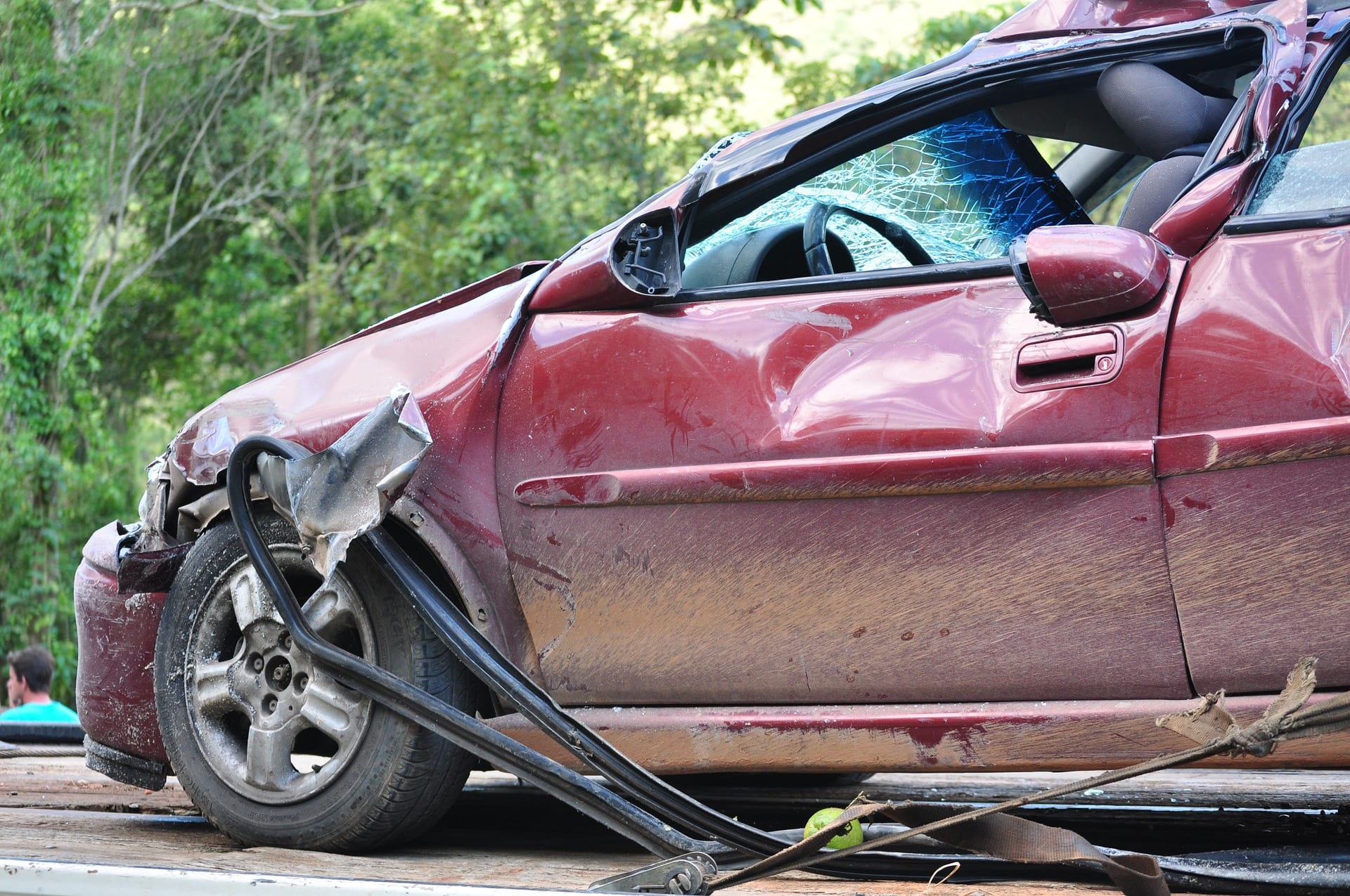A car accident can be as minor as a scratch or as serious as life-altering injuries. Knowing what to do in those moments after the accident will preserve your ability to get fair compensation.
The two top reasons for personal injury or property damage incurred during a car accident are running red lights and drunk driving. To someone who has never experienced a car accident before, perhaps these are but food for thought. But, to someone who’s on the receiving end of expensive vehicular damage, whose livelihood is being threatened by injury, or whose good name in the community may be jeopardized, they may prove useful.
Here are five other tips that, when taken together, can serve as a quick guide to handling a car accident.
- Act quickly if anyone has suffered from injuries due to the accident. Your first line of action should be to call for help if anyone has suffered from grave injury. Call your local hotline for an ambulance, inform them of your location, and let them know what kinds of injuries need to be treated.

Red ambulance in time-lapse photography; image by Camilo Jiminez, via Unsplash.com. - Call the police. If the car accident is a hit-and-run, involves pedestrians or cyclists, or has resulted in a serious injury or fatality, the next step is to call for law enforcement. Get ready to provide them with a detailed and accurate account of the event.
- Gather evidence and exchange information with the other party. Use your smartphone, tablet, or digital camera to take photos of the cars’ license plates, the accident location, and the severity of the damage from different angles. If you or another person in your vehicle has been injured, document your wounds and bruises as well. In addition, if you have a dash cam in your car, find and save footage of the incident. Once that is done, approach the other party in a levelheaded manner to exchange names, addresses, telephone numbers, and insurer details. Take special care not to move your car until after you’ve gathered evidence.
- Report the incident to your insurance provider. Gather input from them about what to do in your situation, and ask them to recommend a towing service in case your car needs it. Note that this needs to be done within 24 hours of the incident. Even if you haven’t sustained major damage, your insurer must know of what happened: they will need it for recording purposes, as well as for accurate implementation of your policy in the future.
- Prepare to make a claim for personal injury or property damage. If you’re based in Singapore and want to go the route of making a personal injury or property damage claim, you may do the following: (1) apply for a third-party motor accident report at the GIA after you file your own report; and (2) seek out a personal injury lawyer whose specialty is in vehicular accident claims. Your attorney is best-equipped to help in categorizing damages, dealing with complex issues like finances and hierarchies, and getting you to a particular outcome.
Viviene Sandhu, a veteran lawyer of the distinguished Singaporean Clifford Law, is one such example of an expert in personal injury law. Along with two decades’ worth of experience, she’s been at the center of several legal benchmarks in the country for awarding damages. In recent years, she helped an aggrieved motorcyclist attain $690,000 worth of damages due to injury-related special damages and loss of livelihood. If you’ve undergone a vehicular accident that is the cause of such worry, you can turn to Viviene for excellent, compassion-centered legal assistance.


Join the conversation!